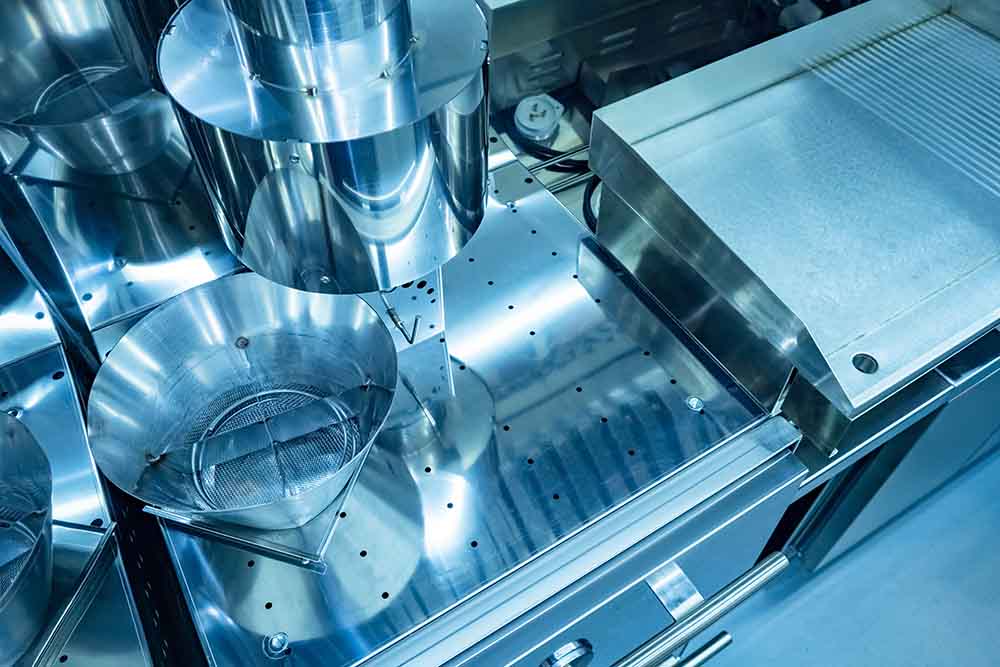Excessive grease accumulation is one of the leading causes of sewer line backups, and this problem is incredibly commonplace for operators of commercial kitchens and food processing facilities. We here at A-1 Total Service Plumbing highly recommend that these types of operations install grease interceptors and make their maintenance a top priority to head off costly issues that need emergency sewer jetting services.
Does My Business Need a Grease Interceptor?
If your commercial operations mainly include preparing food, cleaning food service wares and equipment, washing dishes, or all of the above, then a grease trap is certainly a must for your business.
Are Grease Interceptors Recommended for Use With Septic Systems?
Fats and greases are extremely difficult for septic systems to break down. One of the best ways to avoid or prevent untimely septic issues is by installing an effective grease interceptor.
How Do Grease Interceptors Work?
Fats and greases are insoluble and lighter than water. A grease interceptor skims off any oily material on the surface of the wastewater stream as it passes through the unit. This greatly reduces the grease that enters the sewer or septic line and may help prevent the need for future hydro jetting services.
How Are Grease Interceptors Maintained?
Grease interceptors require pumping and cleaning to remove the material they collect, as well as periodic inspections to ensure proper functioning. We recommend monthly or quarterly cleaning based on usage or the size of your commercial operation.
If you want to learn more about how a grease interceptor could benefit your business or if you need hydro jetting in Long Beach, CA, our A-1 Total Service Plumbing team is always just a call away. Contact us today to learn more about our services.

